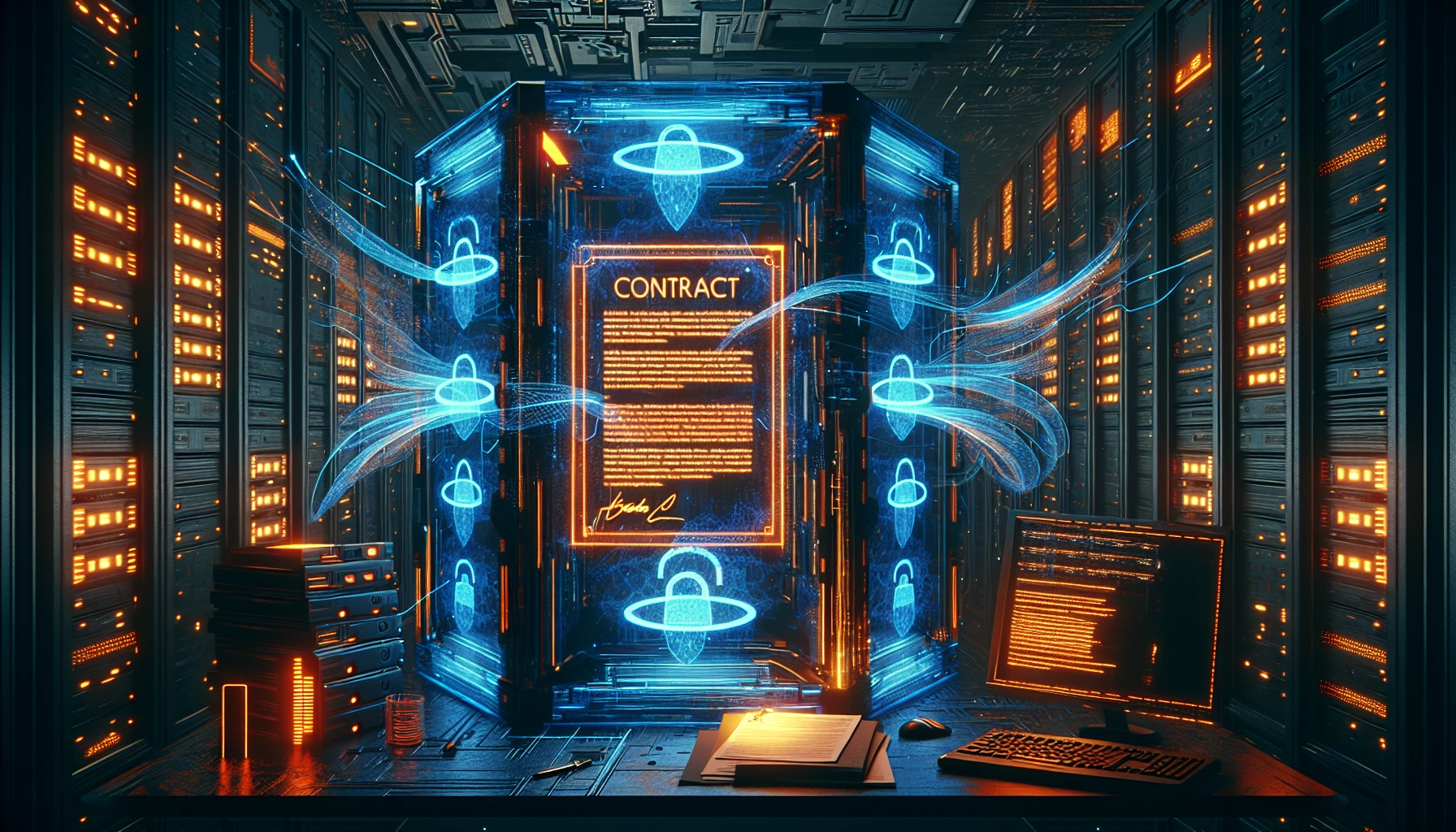Freelance Data Engineers: Contract Essentials That Protect Your Business

Freelance Data Engineers: Contract Essentials That Protect Your Business
Why Contracts Matter for Data Projects
Key Elements That Secure Your Projects
1. Scope of Work
2. Payment Terms
3. NDAs and Confidentiality
4. IP Ownership
5. Liability Limits
6. Milestones and Deadlines
Data Privacy Requirements
1. GDPR Basics
2. CCPA Essentials
Dispute Resolution Made Simple
1. Arbitration
2. Mediation
Balance Between Compliance and Innovation
FAQs about Freelance Data Engineering Contracts
Is GDPR relevant to small-scale data projects?
Are freelance contracts legally binding for short-term tasks?
Does a milestone-based payment plan reduce financial risk?
Final Wrap-Up
Freelance Data Engineers: Contract Essentials That Protect Your Business
Why Contracts Matter for Data Projects
“A contract isn’t just a handshake on paper—it’s a map for when things don’t go as planned.”
Key Elements That Secure Your Projects
1. Scope of Work
“If it’s not in the contract, it’s probably not getting delivered—or paid for.”
2. Payment Terms
3. NDAs and Confidentiality
4. IP Ownership
5. Liability Limits
“Cap your liability. You’re building pipelines, not taking out insurance policies.”
6. Milestones and Deadlines
Data Privacy Requirements
"If a dataset contains email addresses, it’s no longer just a CSV—it’s a legal liability."
1. GDPR Basics
2. CCPA Essentials
“If your query can pinpoint someone’s zip code, birthday, and last login—it’s not just a query anymore.”
Dispute Resolution Made Simple
1. Arbitration
“Any dispute arising from this agreement shall be resolved by binding arbitration in accordance with the rules of the American Arbitration Association.”
“Arbitration is like court, but without the wigs, gavels, or year-long wait.”
2. Mediation
“Parties agree to first attempt resolution of disputes through mediation before initiating arbitration or litigation.”
“Mediation is like debugging your contract—painful at first, but worth it when the pipeline runs again.”
Balance Between Compliance and Innovation
“Innovation under compliance is like running a marathon in a wetsuit—possible, but you’ll feel every shortcut you didn’t take.”
FAQs about Freelance Data Engineering Contracts
Is GDPR relevant to small-scale data projects?
"If you’re querying a dataset with EU user IDs, GDPR is in the room with you. 👀"
Are freelance contracts legally binding for short-term tasks?
"Doesn’t matter if it’s two days or two months—if it’s written and signed, it counts."
Does a milestone-based payment plan reduce financial risk?
"Milestones are like commits—small, trackable, and easier to roll back if something breaks. 💾"
Final Wrap-Up
Posted Apr 30, 2025
Freelance data engineers need contracts that protect your business, define scope, secure IP, and clarify payment terms. Learn what to include and why.










